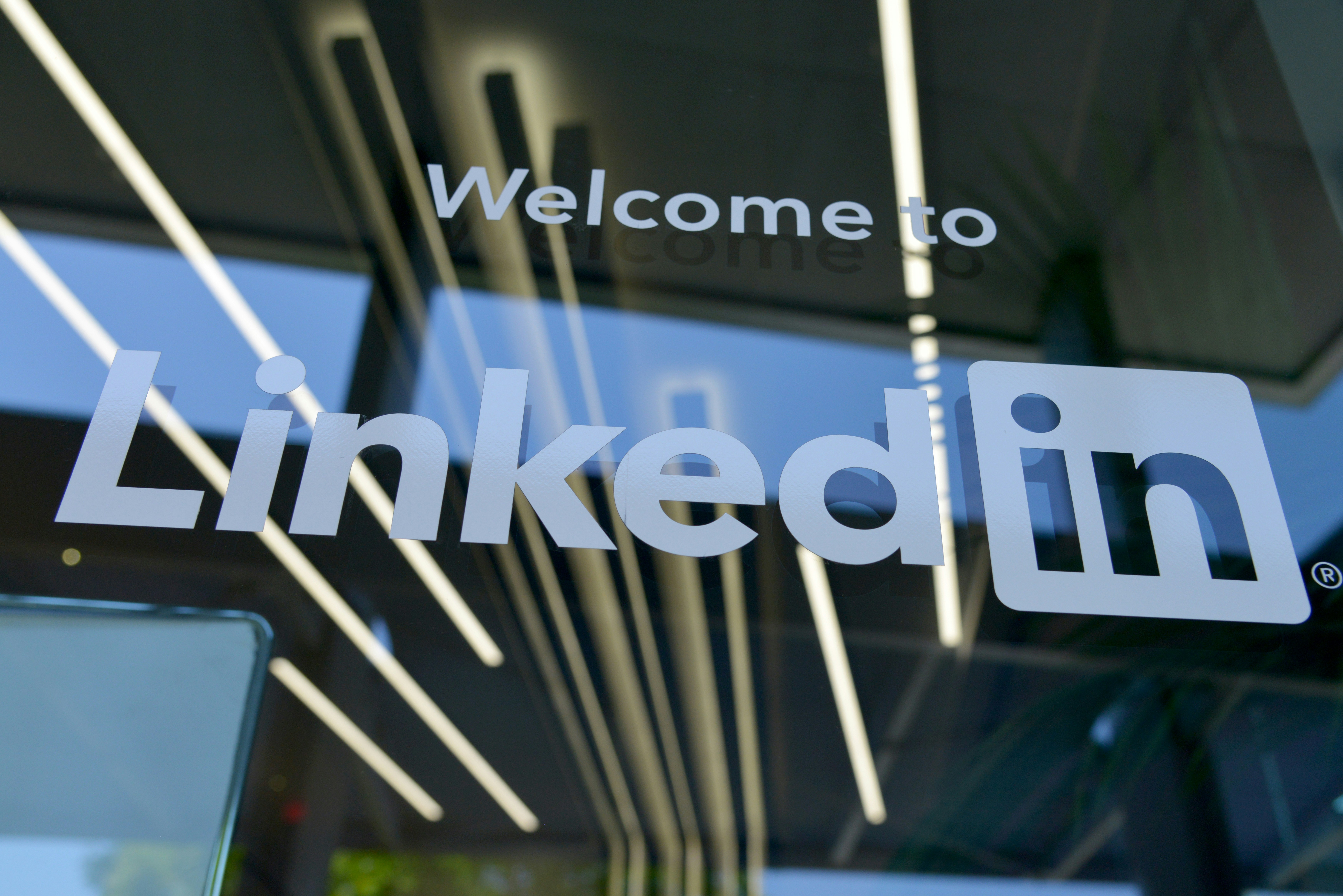
Top 10 Skills in Data Engineering According to LinkedIn & Indeed Job Postings
Data engineering is the backbone of modern analytics, AI, and business intelligence. Across the UK—from finance and health to e-commerce and public sector—organisations are investing heavily in platforms that ingest, process, and store vast amounts of data. Demand for professionals who can build robust, scalable, and reliable data pipelines has never been higher.
But what skills do employers really want? By analysing job postings on LinkedIn and Indeed, this article highlights the Top 10 data engineering skills that UK organisations are looking for in 2025. You’ll learn how to surface these skills in your CV, demonstrate them in interviews, and build proof-of-work through a compelling portfolio.
Quick Summary: Top 10 Data Engineering Skills Employers Want in 2025
Cloud data platforms (AWS, Azure, GCP)
Infrastructure as Code & environment automation (Terraform, Airflow, dbt)
ETL/ELT pipelines & streaming (Apache Spark, Kafka, Lambda architecture)
Data modelling & warehousing (Star schemas, Snowflake, Delta Lake)
SQL proficiency & advanced querying
Big data processing (Spark, Flink, Hive)
Data versioning, orchestration & metadata (Airflow, Metaflow, MLflow, Great Expectations)
Data governance, quality & compliance (GDPR, lineage, validation)
Monitoring, observability & optimisation (Prometheus, Grafana, CloudWatch)
Communication & cross-functional collaboration
1) Cloud Data Platforms (AWS, Azure, GCP)
Why it’s essential:Most UK roles expect experience building data infrastructure on a public cloud. Job ads often cite AWS (Redshift, Glue), Azure (Synapse, Data Factory), or GCP (BigQuery, Dataflow). Multi-cloud knowledge is increasingly valued.
What job ads often say:“Experience with AWS/Azure/GCP data services”, “multi-cloud pipelines”.
How to evidence it:
“Built data lake on GCP using BigQuery and Dataflow, increasing query performance by 70%.”
“Migrated on-prem ETL to AWS Glue, reducing data processing cost by £50k/year.”
Interview readiness:Be prepared to discuss differences between cloud services (e.g., Redshift vs BigQuery) and your design choices.
2) Infrastructure as Code & Environment Automation
Why it matters:Automated, versioned infrastructure is essential for reliability and repeatability. Employers look for experience with IaC tools and job orchestration systems like Terraform, Airflow, dbt, and Kubernetes.
What job ads often say:“Proficiency in Terraform or CloudFormation”, “Airflow pipeline authoring”, “dbt for data transformations”.
How to evidence it:
“Used Terraform to provision AWS Redshift clusters and Lake Formation, reducing setup time from days to minutes.”
“Built Airflow DAGs for daily batch jobs, reducing manual workflows by 95%.”
Interview readiness:Expect to layout how you'd organise DAG dependencies, handle retries, and manage schema migrations.
3) ETL/ELT Pipelines & Streaming Architectures
Why it’s high-demand:Data engineering jobs focus on building pipelines that ingest, transform, and deliver data—batch or streaming. Tools like Spark, Kafka, and Lambda architectures are frequently cited.
What job ads often say:“Experience building ETL (or ELT) pipelines”, “real-time streaming”, “Spark/Kafka”.
How to evidence it:
“Designed Spark-based pipeline handling 1TB/day from Kafka to BigQuery with sub-2-minute latency.”
“Built Lambda-style pipeline on Azure using Event Hubs and Databricks.”
Interview readiness:Be ready to diagram your pipeline topology, justify latency decisions, and describe error handling.
4) Data Modelling & Warehousing
Why it’s foundational:A solid logical and physical data model underpins reliable analytics. Employers expect skills in dimensional modelling, warehouse schema design, and modern platforms like Snowflake or Delta Lake.
What job ads often say:“Star/snowflake schemas”, “experience with Snowflake or Delta Lake”.
How to evidence it:
“Designed star schema for retail analytics on Snowflake, improving report generation times by 40%.”
“Implemented Delta Lake with time-travel queries and ACID support for audit trails.”
Interview readiness:Expect to sketch out schema designs and explain trade-offs between normalization and query speed.
5) SQL Proficiency & Advanced Querying
Why it’s crucial:SQL is ubiquitous—and powerful. Employers require deep query skills, including window functions, CTEs, optimization techniques, and cross-system joins.
What job ads often say:“Expert SQL skills”, “complex queries and performance tuning”.
How to evidence it:
“Reduced query runtime from 120s to 3s using window functions and indexed materialised views.”
“Built reporting pipeline using complex joins and analytics functions over partitioned tables.”
Interview readiness:Be ready to write a SQL query on the spot—for example, implementing ranking or aggregating data by groups.
6) Big Data Processing (Spark, Flink, Hive)
Why it’s demanded:For scalability, tools such as Apache Spark, Hive, or Flink are standard. Employers value experience running large-scale cluster jobs, tuning memory, and optimising DAGs.
What job ads often say:“Spark-based ETL”, “Hive on Hadoop”, “Flink streaming”.
How to evidence it:
“Optimised Spark jobs by tuning partitions and persistence, reducing runtime from 45m to 12m.”
“Migrated batch jobs from Hive to Spark SQL, increasing throughput by 3×.”
Interview readiness:Be ready to discuss shuffle behaviour, execution plans, and memory management in Spark or similar engines.
7) Data Versioning, Orchestration & Metadata
Why it’s rising:Observability and reproducibility in data pipelines are critical. Tools like Airflow, Metaflow, MLflow, and Great Expectations deliver flow control, tracking, and quality checks.
What job ads often say:“Pipeline orchestration with Airflow”, “data quality frameworks”, “metadata lineage tracking”.
How to evidence it:
“Integrated Great Expectations for schema and null checks in ETL, catching 96% of data errors early.”
“Used MLflow to version datasets and pipeline outputs for reproducibility in analytics.”
Interview readiness:Expect questions on maintaining lineage, versioning data, schema drift detection, and test automation.
8) Data Governance, Quality & Compliance
Why it’s essential:With GDPR and data ethics under scrutiny, organisations need engineers who think about lineage, privacy, consent, and data validation mechanisms.
What job ads often say:“Data governance and GDPR awareness”, “data quality control”, “auditability”.
How to evidence it:
“Implemented data lineage tracking for sensitive documents to ensure GDPR compliance.”
“Built validation steps to reject records with schema mismatches or null critical fields.”
Interview readiness:Be prepared to explain data classification, consent handling, encryption at rest/in transit, and audit logging.
9) Monitoring, Observability & Optimisation
Why it’s valuable:Data pipelines must be robust and performant. Employers look for skills in monitoring, alerting, and cost-efficiency—using Prometheus, Grafana, CloudWatch, or similar tools.
What job ads often say:“Pipeline monitoring experience”, “observability dashboards”, “cost optimisation”.
How to evidence it:
“Set up Grafana dashboards for pipeline lag, throughput, and failed tasks—cutting MTTR by 60%.”
“Identified resource inefficiencies in Spark cluster, reducing EC2 spend by £30k/year.”
Interview readiness:Be ready to show how you detect job failures, spikes, latency, or inefficiencies in pipeline runs.
10) Communication & Cross-Functional Collaboration
Why it gets you hired:Data engineers work closely with data scientists, analysts, business stakeholders, and IT. Employers value professionals who can explain technical complexity in practical business contexts.
What job ads often say:“Strong communication skills”, “stakeholder engagement”, “translate data needs into architecture”.
How to evidence it:
“Conducted stakeholder workshops to align on data requirements, improving delivery accuracy by 80%.”
“Documented pipeline design, after-run metrics, and API contracts for cross-team clarity.”
Interview readiness:Expect to explain a technical pipeline to non-technical stakeholders—focus on business impact.
Honorable Mentions
Data mesh or lakehouse architecture
Graph databases (Neo4j, JanusGraph)
Real-time analytics platforms (Druid, ClickHouse, ksqlDB)
Edge data ingestion & IoT integration
How to Prove These Skills
Portfolio: GitHub with DAG definitions, SQL notebooks, data lineage visualisations.
CV: use metrics (latency reduced, cost saved, deployments automated).
ATS optimisation: mirror job ad terms like “Spark”, “Snowflake”, “Airflow”, “SQL”.
Interview prep: be ready to diagram a pipeline and justify technical decisions.
UK-Specific Hiring Signals
Fintech and finance hubs around London emphasise real-time data pipelines and streaming analytics.
Health and research sectors (e.g., Cambridge, Oxford, Manchester) value GDPR-aware data governance.
Retail and e-commerce roles in Manchester and Leeds frequently ask for multi-cloud and cost-efficient ETL.
Suggested 12-Week Learning Path
Weeks 1–3: Cloud data services on AWS/Azure + SQL masteryWeeks 4–6: Build Spark pipelines + ETL orchestration in AirflowWeeks 7–8: Data modelling + lineage and quality checksWeeks 9–10: Monitoring & optimisation + cost trackingWeeks 11–12: Final capstone: end-to-end pipeline with automated tests, data models, dashboard, and documentation
FAQs
What is the most in-demand data engineering skill in the UK?Cloud data platforms and ETL/streaming (Spark, Kafka, Airflow) are frequently highlighted.
Are SQL skills still relevant?Absolutely—advanced SQL remains foundational and unmatched in demand.
Do employers expect cloud and orchestration skills?Yes. Both cloud-native infrastructure and orchestration tools are routinely listed.
Is data governance important for engineers?Yes—especially given GDPR and the need for compliant, auditable pipelines.
Final Checklist
Headline & About: clear data engineering focus
CV: impact-driven bullets (latency, cost, automation)
Skills section: cloud data, ETL, Spark, Airflow, SQL, governance, monitoring, communication
Portfolio: pipelines, notebooks, lineage docs
Keywords: mirror job postings for maximum match
Conclusion
UK data engineering roles in 2025 require a powerful blend of cloud infrastructure, ETL/streaming architecture, data modelling, governance, and communication. Employers consistently look for cloud platforms, orchestration tools, SQL mastery, big data frameworks, pipeline observability, and cross-team liaison. Master and demonstrate these, and you’ll align strongly with how LinkedIn and Indeed define today's most in-demand data engineering talent.


